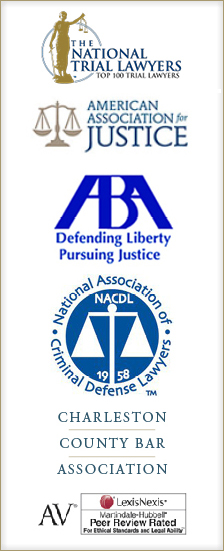FAQ – Common Questions and/or Misperceptions
Workers’ Compensation
Wrong.
There is nothing in the Worker’s Compensation Code that prohibits an employer from firing an employee because he or she got injured on the job. There may be something in your employment contract, however, if you have one. Also, Section 41-1-80 of the South Carolina Code of Laws prevents an employer from firing you for filing a Worker’s Compensation claim. Generally, however, the Worker’s Compensation Act is not helpful to the worker in this regard.
Alcohol-Related Offenses
Wrong.
First of all, forfeiting bond means the charge will go on your criminal record. Secondly, Section 56-1-746 of the South Carolina Code of Laws requires that you lose your license for 120 days if you have this on your record. Third, if you are on a South Carolina LIFE Scholarship, you may lose that scholarship for one year if you are convicted (this includes forfeiting your bond) and have a prior conviction. See Section 59-149-90. The assistance of a qualified lawyer may help you avoid these harsh collateral consequences.
Here are some of the other offenses in South Carolina that can trigger losing your driver’s license.
- DUI
- Felony DUI
- Drug Offenses
- Driving Under Suspension
- Reckless Homicide
Accident Cases

